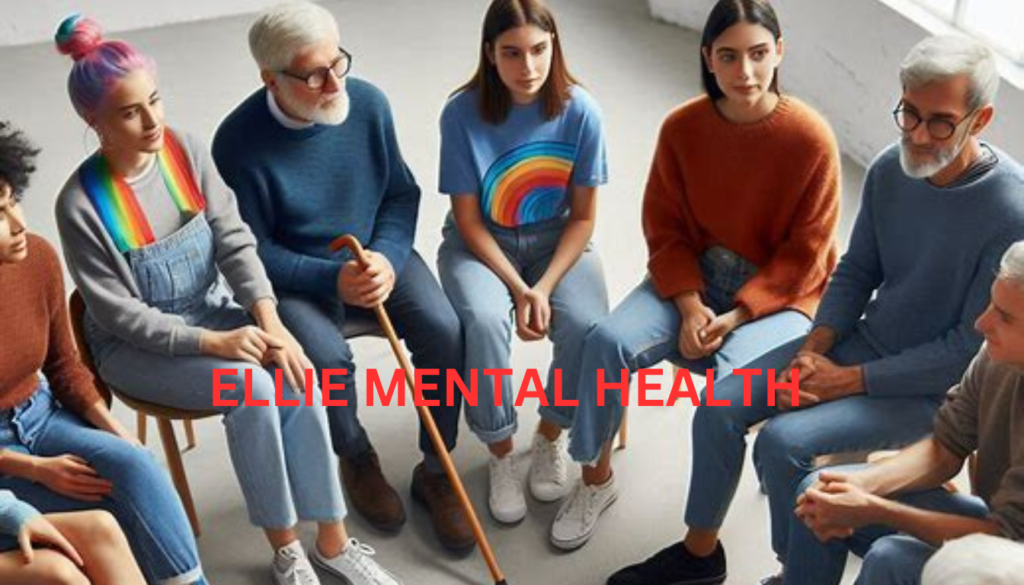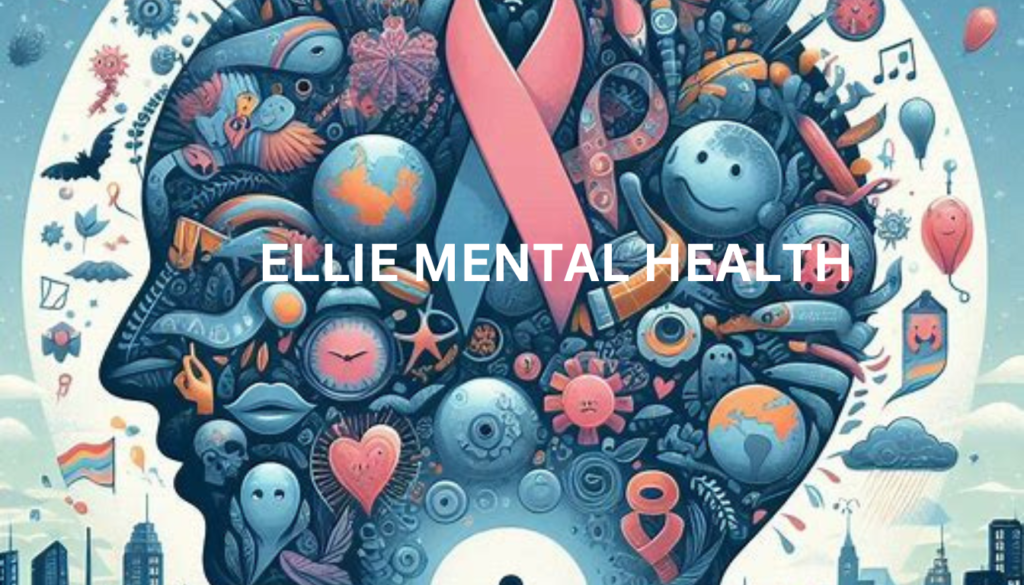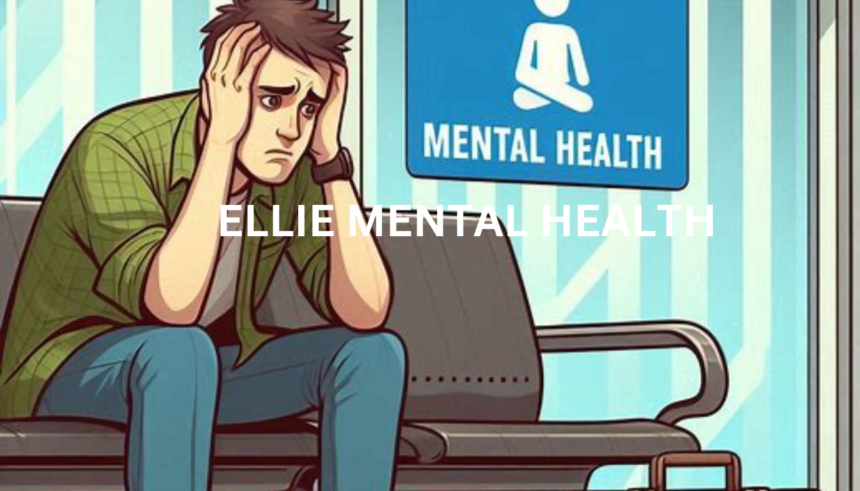Mental health is becoming a bigger issue around the world, and in 2024, Ellie Mental Health has faced some serious problems. This article will explain what happened with Ellie Mental Health in 2024, why these problems occurred, and what could be done to fix them.
Understanding the Crisis Ellie Mental Health
In 2024, Ellie Mental Health encountered extremely difficult situations. The need for mental health care grew a lot, but the support systems and resources couldn’t handle it. This caused longer waiting periods, more upset patients, and very tired mental health workers.
Key Factors Contributing to the Crisis
- Increased Demand: After the COVID-19 pandemic, many people are struggling with anxiety, depression, and other mental health problems.
- Resource Shortages: There aren’t enough trained mental health experts to help everyone who needs it.
- Stigma: Even though things are getting better, some people still feel bad about getting help for mental health issues.
Impact on Individuals and Communities
The crisis has deeply affected both people and their neighborhoods. Let’s take a closer look:
Individual Impact
1. Delayed Treatment: Many people are facing long waits for treatment, which makes their health problems worse.

2. More Stress: The delay in getting help raises stress and worry for those who need it.
3. Delayed Treatment: Long waiting periods can make symptoms worse, sometimes leading to serious mental health problems.
Community Impact
1. Economic Strain:: Untreated mental health problems cost a lot of money, affecting work and healthcare expenses.
2. Social Problems: These untreated issues lead to more crime and homelessness.
3. Healthcare System Burden: Hospitals and emergency services are overwhelmed with mental health emergencies, taking resources away from other important areas.
Causes of the Crisis
1. Underfunding
Ellie Mental health services have long been underfunded, causing poor infrastructure and staffing issues. This ongoing lack of funding has left the system unable to manage the growing demand.
2. Workforce Shortages
There is a serious shortage of mental health professionals, such as psychiatrists, psychologists, and counselors. This shortage is made worse by high levels of burnout among those who are already working in the field.

3. Stigma and Awareness
Even though there is more awareness now, stigma around Ellie mental health still stops many people from getting help. This stigma is especially strong in some communities, leading to fewer people reporting their issues and getting the care they need.
For more insights on mental health and technology, visit technotoday.com
4. Lack of Integrated Care
Ellie mental health care is often siloed from other healthcare services, making it difficult for patients to receive comprehensive treatment. Integrated care models are needed to provide holistic support.
5. Economic Inequality
Ellie mental health care is usually separate from other medical services, which makes it difficult for patients to receive full treatment. We need coordinated care models to provide more complete support.
Addressing the Crisis
1. Increasing Funding and Resources
Governments and groups should focus on giving more money to mental health services. This means spending on buildings and equipment, hiring more experts, and providing continuous training.
2. Raising Awareness
Public awareness efforts can reduce shame and encourage people to seek help. Teaching about mental health should begin early, including it in school lessons and community activities.
3. Leveraging Technology
Online mental health services and telehealth can help reach people who can’t get face-to-face help. These tools can also keep people’s identities private, which can lower the feeling of shame.
4. Community Support Programs
Creating strong community support systems can tackle mental health problems at the local level. These programs can offer support from peers, emergency help, and links to professional services.
5. Integrated Care Models
Creating strong community support systems can tackle mental health problems at the local level. These programs can offer support from peers, emergency help, and links to professional services.

Table: Key Statistics on Mental Health in 2024
| Statistic | Value |
| Demand for services has increased | 30% |
| Average wait time for treatment | 6 months |
| Economic cost of mental illness | $1 trillion globally |
| Shortage of mental health pros | 50,000 in the US |
| cases are untreated as a percentage | 40% |
Key Takeaways
- Ellie Mental Health Crisis: Highlighting the significant challenges in 2024.
- Increased Demand: After the pandemic, mental health problems have increased.
- Resource Shortages: More money and experts are urgently needed.
- Solutions: More funding, better awareness, using technology, and community help.
The Human Impact: Stories from the Frontline
Jane’s Story
I’ve been dealing with depression for a long time, and it got even harder during the pandemic. I wanted to see a therapist at Ellie Mental Health, but the wait was more than six months. I felt really lost and alone— Jane, 34
Mark’s Experience
As a therapist, I see that the demand is increasing every day. We’re feeling overwhelmed, and it’s really sad to have to turn people away. We need more help and tools to do our work properly— Mark, Licensed Therapist
FAQ
Q: What is causing the Ellie Mental Health Crisis in 2024?
A: The crisis is happening because more people need help, there aren’t enough resources, and there’s still a negative view of mental health issues.
Q: How can we address the shortage of mental health professionals?
A: Addressing the shortage requires increased funding, better training programs, and incentives for professionals to enter the field.
Q: What role does technology play in addressing the mental health crisis?
A: Technology, like online therapy, can offer support from a distance and help people who can’t get face-to-face help.
Q: How can communities support mental health?
A: Communities can help by having local programs, support groups, and spreading awareness to make mental health issues less stigmatized.
Actionable Steps for Individuals
1. Seek Help Early
If you have problems with your mental health, ask for help as soon as possible.
2. Use Telehealth Services
Online services can help you talk to mental health experts faster. Look into online therapy if you can’t see someone in person.
3. Participate in Community Programs
Join local groups and community events. They can give you good support and make you feel less alone..
4. Advocate for Mental Health Funding
Help push for more money to be spent on mental health services. Your voice can make a difference.
5. Educate Yourself and Others
Learn about mental health and teach others. Understanding more can help reduce the stigma.
Conclusion
The Ellie Mental Health Crisis in 2024 highlights the pressing need for a major shift in how we handle mental health care. By boosting funding, decreasing stigma, using technology, and backing community programs, we can make big improvements in dealing with this crisis.
Mental health is a key part of our overall health, and it’s important that everyone can get the care they need. Let’s join forces to build a future where mental health support is accessible to all, without any delays or stigma.
